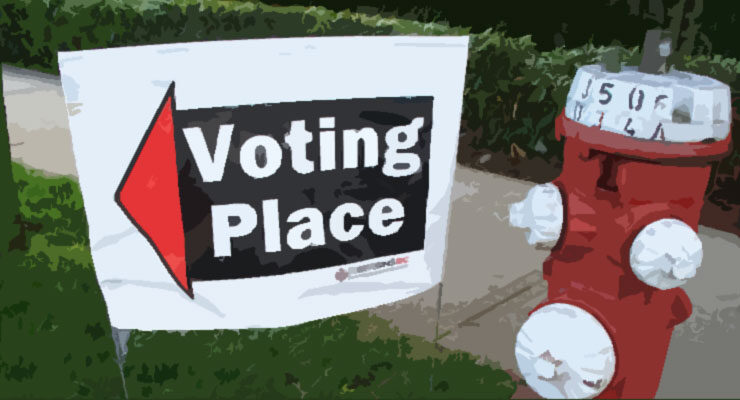 This article by David E. Broockman and Joshua L. Kalla is published in the American Journal of Political Science. Here is the abstract:
This article by David E. Broockman and Joshua L. Kalla is published in the American Journal of Political Science. Here is the abstract:
Why do political campaigns so often fail to persuade voters, and what does this say about voter decision making? Some interpret the difficulty of persuading voters as evidence that voters remain loyal to their parties even when confronted with new information. However, an informational (quasi-Bayesian) mechanism may also contribute. We test empirical implications of these alternatives with four survey experiments (total n = 113,742) conducted during the 2020 presidential election that exposed individuals to 291 messages. Our results support the quasi-Bayesian interpretation: We show that voters are more persuadable with information about candidates they know less about; that persuasive messages change both candidate evaluations and vote choices, and induce partisan defection; and that messages with more informational content are more persuasive. These results suggest voters’ reaction to information in a manner consistent with Bayesian updating, and not only partisan loyalty, can help explain variation in and the small size of campaign effects.
Find more information about the article here.
Leave a Reply